Joe Biden’s hugely consequential Covid isolation
[ad_1]
The two-plus weeks Biden has spent with just his German Shepherd for company have proved some of the weightiest of his presidency, with his once-bleak legislative fortunes enjoying a surprise turnabout and his foreign policy shaken by events across the globe.
Even some White House staffers said they felt a certain degree of whiplash, and Biden himself has mused to confidants at the sudden turn of events.
“It’s been an extraordinary few days for the nation,” he told a virtual gathering of Democrats on Wednesday.
Left unsaid was how extraordinary those days had been for Biden himself, who oversaw almost all of it from the White House residence, isolating alone with only a bare-bones, in-person staff.
Biden is preparing a victory lap of sorts, with major White House bill signings scheduled for several days next week in the Rose Garden — the type of ceremony that had eluded him for much of the past year — once he tests negative and leaves isolation.
Monday, July 25
When Biden’s top Cabinet officials and national security advisers met with him on his fourth day of Covid isolation, the President’s nose had mostly stopped running. His voice seemed less raspy.
And he had some questions.
But Biden wanted to know what lay behind the windows and door to the small outdoor patio. He asked about the layout of the rooms near where his team was proposing Zawahiri be killed. And were there any other options that would reduce the potential for civilian casualties?
He’d already spent time examining a small-scale model of the house that intelligence officials constructed and carried to the White House Situation Room in a worn wooden box. But he still needed to be convinced the mission wouldn’t come with collateral damage.
The meeting went on for several hours, one official said. Biden “pressed at a granular level,” another senior administration official added.
This time, Biden heard no opposition. And he authorized the strike.
Wednesday, July 27
At 9:12 a.m. ET, Biden swiped his nose with a cotton swab and hoped for the best. It was officially his sixth day isolating with Covid. His symptoms had disappeared. He’d started working out again in the White House gym.
Working mostly from the second-floor Treaty Room, an enormous oil painting of President William McKinley looking on, Biden had been going stir crazy during his isolation. The strike he’d authorized two days earlier was still in the works as operatives waited for the right moment.
He’d taken to strolling out to the White House balcony to wave at visitors below.
“As I was walking out, I thought I heard a rumbling in my staff saying, ‘Oh, he’s back,'” he joked in the Rose Garden, buoyant at successfully weathering the virus that he’d spent more than two years trying to avoid.
It turned out beating Covid — or at least the initial bout — was not the biggest surprise that Wednesday. As Biden was returning to work in the Oval Office, a plan was being finalized on Capitol Hill that could amount to a dramatic reversal of fortune for a domestic agenda many had left for dead.
Struck in total secret between Senate Majority Leader Chuck Schumer and West Virginia Sen. Joe Manchin, the Senate’s most moderate Democrat, the climate and taxation bill came as a surprise to many inside the White House, though some officials had a general awareness the two men had restarted talks.
“They were basically kept apprised of what was going on to a certain extent,” Manchin would tell reporters.
When Biden learned the men had struck an agreement that afternoon, he placed a phone call to Manchin — who was isolating himself with Covid in the mountains of West Virginia — for their first formal talks about the President’s agenda since December.
It was China that was quickly becoming Biden’s next problem.
Thursday, July 28
Already, her potential visit was drawing fierce recrimination from Beijing and warnings from Chinese officials to other members of Congress not to join her.
A day before he tested positive for Covid, Biden had informed reporters the military didn’t think it was a good moment for the woman who’s second-in-line to the US presidency to visit the self-governing island.
And two weeks earlier, the prospect of Pelosi’s visit arose in a meeting between Secretary of State Antony Blinken and his Chinese counterpart in Bali, according to a senior State Department official.
Sitting in the Oval Office for the marathon two-hour 17-minute phone call, Biden listened carefully as an interpreter translated a warning from Xi: “If you play with fire, you get burned.”
Members of his team inside the room — Blinken, national security adviser Jake Sullivan, deputy national security adviser Jon Finer, the NSC Asia Coordinator Kurt Campbell and Senior Director Laura Rosenberger — weren’t surprised at the rhetoric. Xi had used similar turns of phrase on earlier phone calls.
As the call was concluding, Biden and Xi remarked at how much work they had created for their teams, a senior administration official said.
Saturday, July 30
After 11 days without leaving the White House, Biden was ready to break free. His home in Delaware — and his wife, whom he hadn’t seen in more than a week — were beckoning.
The rapid tests he’d been taking daily had all come back negative. He was back to his regular schedule in the gym. And he was planning a surprise visit to Capitol Hill, where protesters had been gathering after Republicans blocked a bill that would dramatically expand government benefits for veterans exposed to toxic burn pits.
But it foiled his plans to escape the White House, a building he’d already come to view as a gilded cage, even before he was stuck there alone for more than two weeks.
Biden dispatched his Veterans Affairs Secretary Denis McDonough with pizzas for the group at the Capitol and spoke to them on FaceTime.
“I’ll tell you what, as long as I have a breath in me, I’m going to fight to get this done. As long as I have a breath in me,” he told them.
While he was on FaceTime on the Truman Balcony, his team in the Situation Room was determining conditions were right for the strike on Zawahiri. Biden was informed as the sun was setting the mission was underway. Twelve minutes before 10 p.m. ET, Zawahiri was dead.
Monday, August 1
The dry cough was back. And Biden was staring down the possibility of a brand-new crisis.
At the White House, national security officials saw indications that Beijing was positioning itself for further provocations, including firing missiles and sending fighter jets across the Taiwan Strait.
After working over the previous weeks to apprise Pelosi of the risks of visiting Taiwan, including in briefings from Pentagon and other administration officials, there was a recognition by Monday she wouldn’t be scrapping the stop.
Biden did not believe it was his place to tell Pelosi she should not go, and the two never spoke about it. He had avoided commenting publicly about her trip at all since his initial statement on July 21. At a certain point, administration officials determined it would be more damaging to be seen as against the trip than to have her go, whatever risks that entailed.
They didn’t have DNA test results, instead relying on visual confirmation. One official said they would never have Biden address the nation unless the identification was 100% certain.
Speaking from the Blue Room Balcony, with reporters watching through an open window at a Covid-safe distance, Biden
“No matter how long it takes, no matter where you hide, if you are a threat to our people, the United States will find you and take you out,” Biden said in his seven-minute speech.
Tuesday, August 2
A string of legislative victories had led to an unusual feeling in the West Wing: Momentum. Biden once hoped to harness it in Michigan, planning a visit there for Tuesday to sign the China competitiveness bill.
The trip got pulled down when Biden’s rebound case emerged. And while he met with semiconductor producers virtually instead, there is open fretting among some Democrats that his persistent struggle in selling his accomplishments will hamper any upside to his recent victories.
Yet of all the issues pending in Washington, it was the veterans bill was the most personal to the President. He has long suspected his son Beau’s fatal cancer was linked to burn pit exposure in Iraq.
As Biden watched the vote pass, he pumped his right fist. In his left hand, he was clutching a baseball cap from the Beau Biden Foundation.
Thursday, August 4
Neither revealed details of their talk. But a few hours later, as a thunderstorm ranged outside the White House, Sinema broke her week-long silence on the bill: She would support it after tweaks to some of the tax provisions.
The long-stalled plan was finally headed for votes. Yet if the year-long saga of Biden’s agenda seemed to be resolving itself, the standoff with China prompted by Pelosi’s 17-hour visit to Taiwan was worsening.
Beijing had sent more of its warships and planes near Taiwan. And at the White House, the Chinese ambassador to Washington had been brought in for a formal protest. Campbell, the NSC Asia coordinator, condemned the escalations during a tense meeting.
Friday, August 5
The cough was mostly gone. The five-day isolation period was up. And after 16 days without leaving the White House, Biden hoped a surprisingly strong employment report — 528,000 jobs added in July — might be the perfect opportunity to finally break his isolation.
After all, strong hiring has been the White House’s strongest bulwark against recession fears. Aides made initial preparations to turn a virtual event in the afternoon into an in-person affair.
But the test was still positive.
[ad_2]
Read Nore:Joe Biden’s hugely consequential Covid isolation

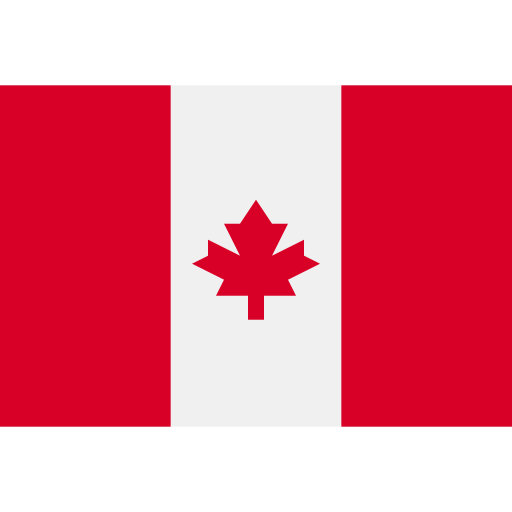 Canada
Canada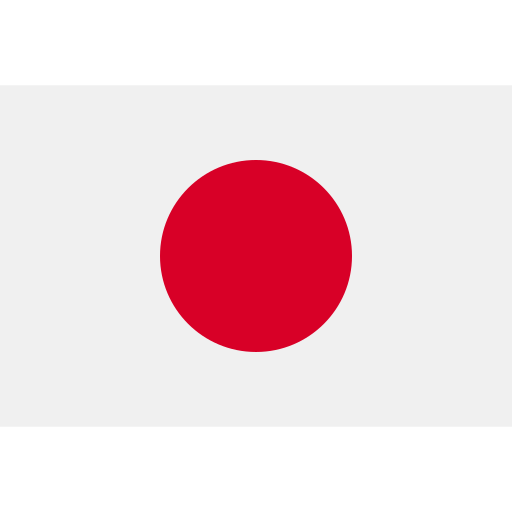 Japan
Japan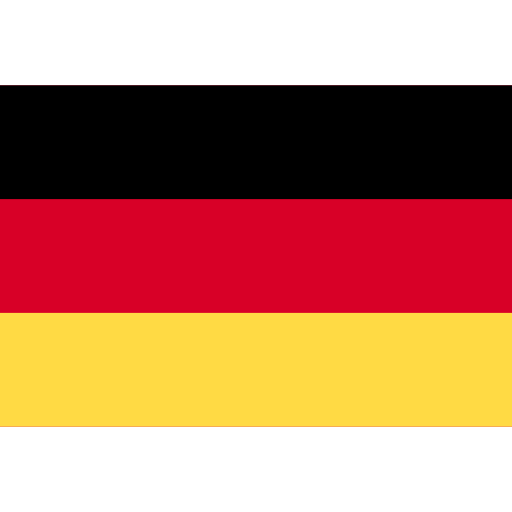 Germany
Germany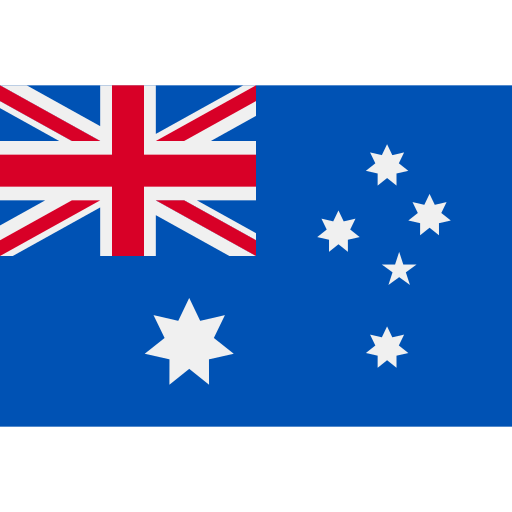 Australia
Australia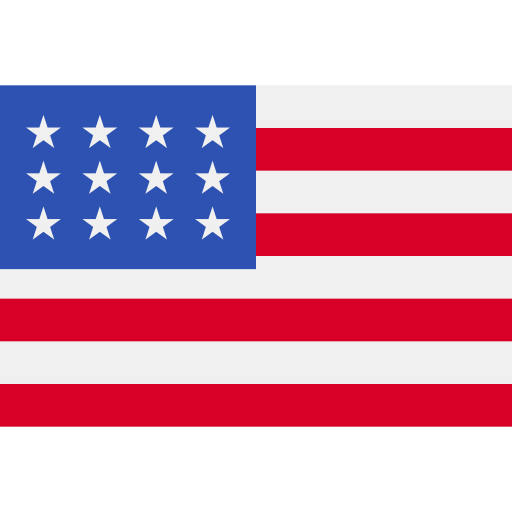 United States
United States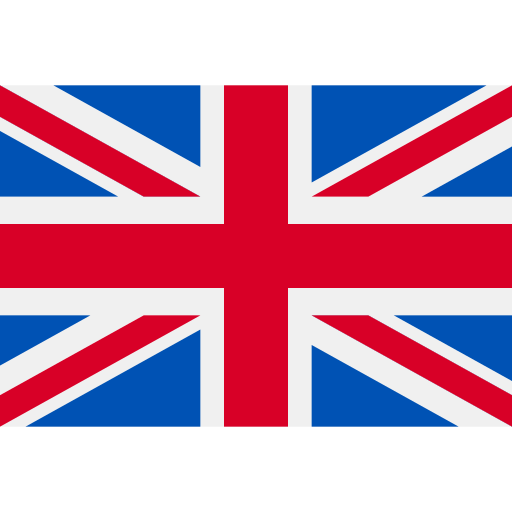 United Kingdom
United Kingdom China
China France
France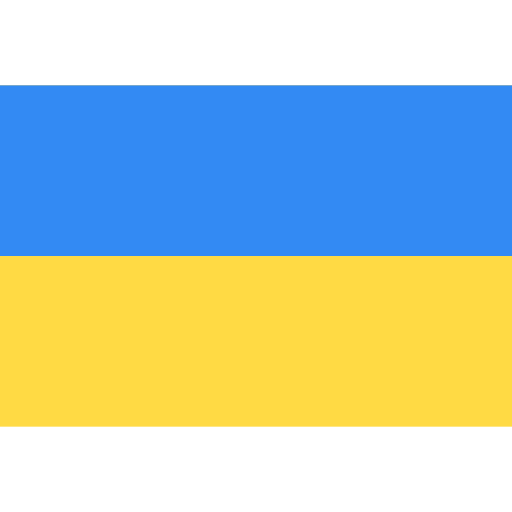 Ukraine
Ukraine Russia
Russia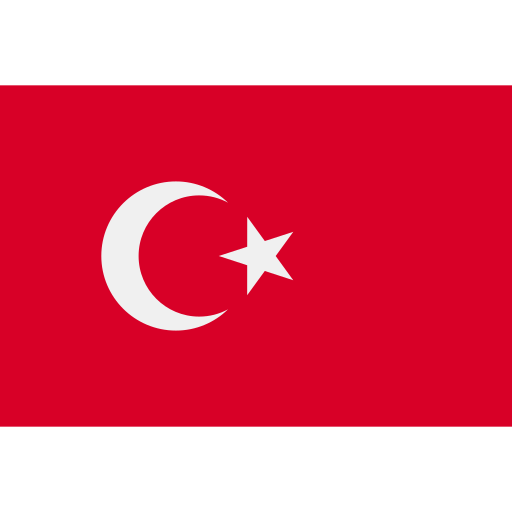 Turkey
Turkey